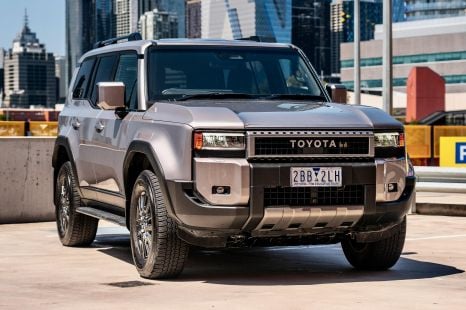

Max Davies
2025 Toyota Prado GXL review
2 Months Ago

News Editor
It’s official: Daimler’s Hambach factory will make titchy little Smarts alongside burly Ineos Grenadiers.
Ineos has confirmed it’s purchased the French factory from Daimler, corporate parent of Mercedes-Benz.
It will still, however, manufacture Smart ForTwo models on a contract basis. It’ll also manufacture some Mercedes-Benz components.
Grenadier production is scheduled to start in late 2021 at the factory, which is close to the German border. It’s a far cry from the location originally planned: Ineos was initially promising to employ 500 people in Bridgeng, UK.
“Hambach presented us with a unique opportunity that we simply could not ignore: to buy a modern automotive manufacturing facility with a world-class workforce,” said Ineos Group chairman Sir Jim Ratcliffe.
“Ineos Automotive set out a vision to build the world’s best utilitarian 4×4, and at our new home in Hambach, we will do just that.”
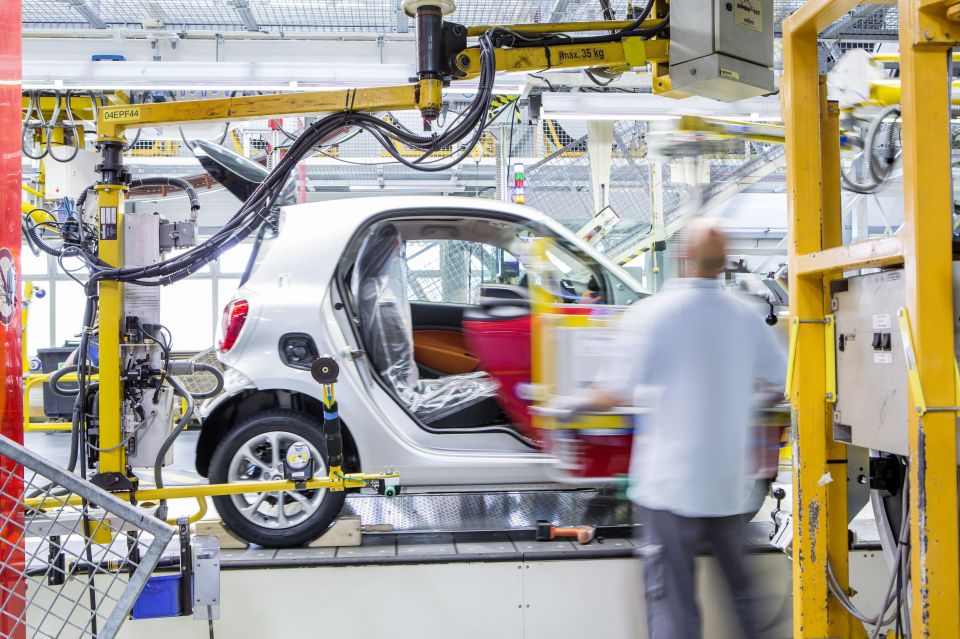
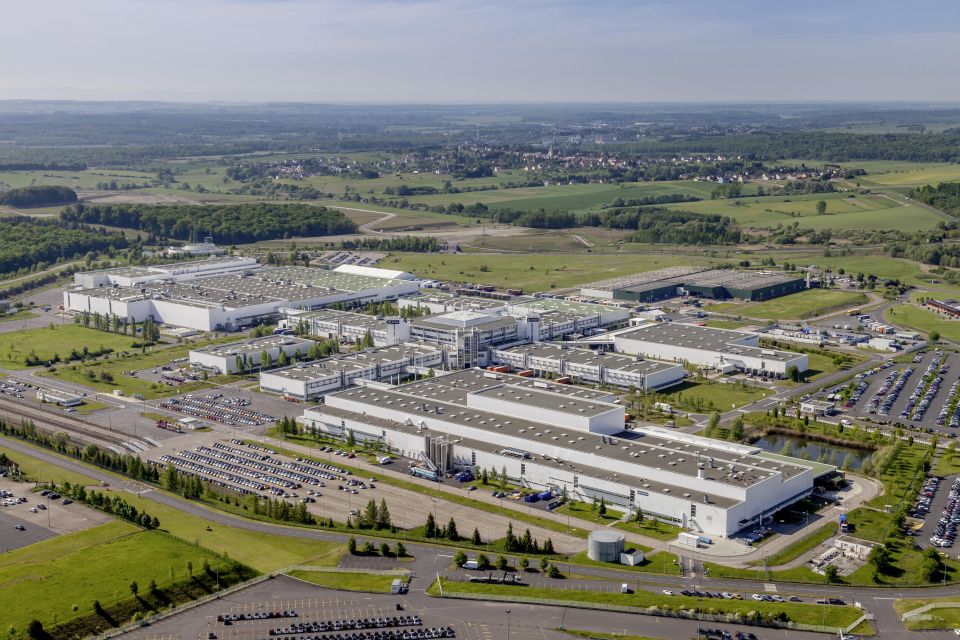
The Hambach factory, dubbed Smartville, currently employs around 1000 people with a further 600 working for suppliers.
Combining both Ineos’ and Mercedes’ plans for Hambach translates into some 1300 additional jobs at Hambach according to Ineos, including commitments to on-site suppliers.
Mercedes-Benz was originally going to use the Hambach factory to produce either the all-electric EQA or EQB, which will now be produced at the company’s factory in Rastatt, Germany.
The Grenadier, heavily inspired by the old Land Rover Defender, will be sold as a body-on-frame 4×4 wagon and dual-cab pickup with low-range gearing, multiple diff locks, and stripped-back off-road suspension, “designed and built to handle the world’s harshest environments”.
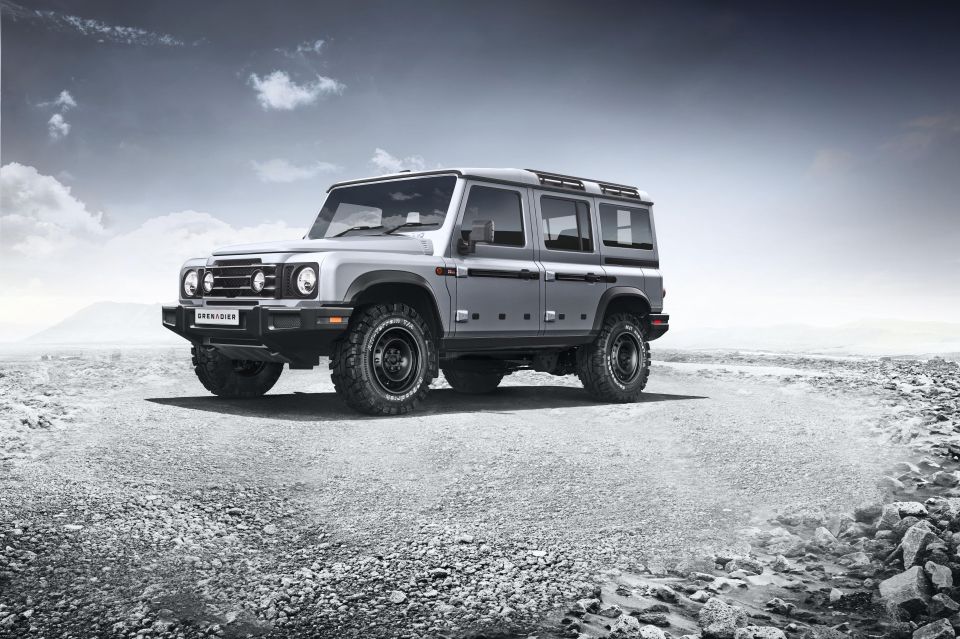
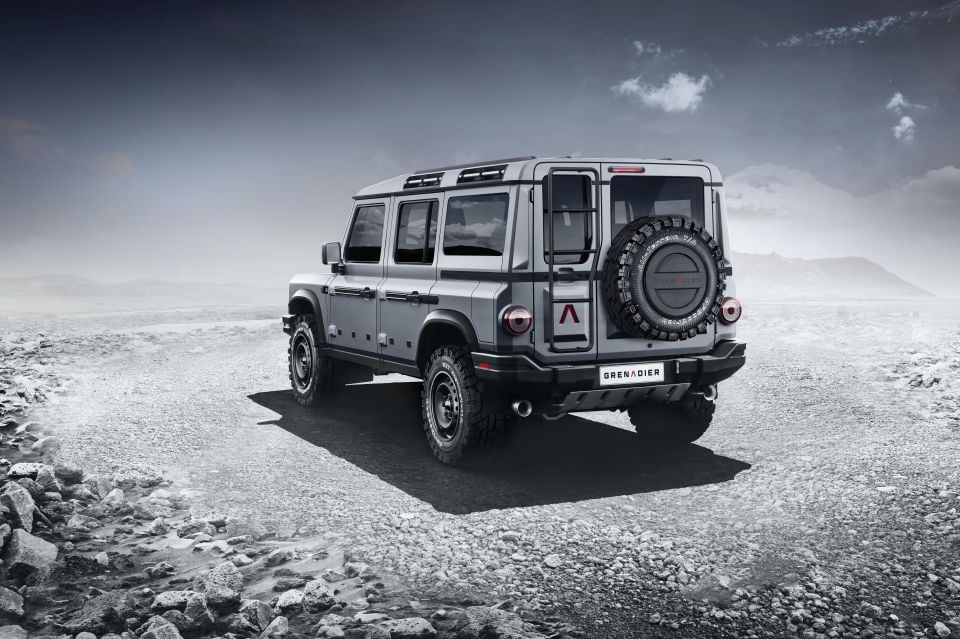
Though it’ll be built in an ex-Mercedes factory, it’ll be powered by a couple of BMW inline six-cylinder engines: a petrol and a turbo-diesel.
Ineos Automotive, part of petrochemical giant Ineos, is also teaming up with Hyundai to evaluate the possibility of a hydrogen fuel-cell version of the Grenadier.
The corporation produces 300,000 tons of hydrogen each year as a by-product from its chemical manufacturing and, through its subsidiary Inovyn, is also Europe’s largest existing operator of electrolysis – technology using renewables to produce hydrogen.
Hyundai, meanwhile, has been producing hydrogen fuel-cell vehicles since 2013.
Where expert car reviews meet expert car buying – CarExpert gives you trusted advice, personalised service and real savings on your next new car.
William Stopford is an automotive journalist based in Brisbane, Australia. William is a Business/Journalism graduate from the Queensland University of Technology who loves to travel, briefly lived in the US, and has a particular interest in the American car industry.


Max Davies
2 Months Ago
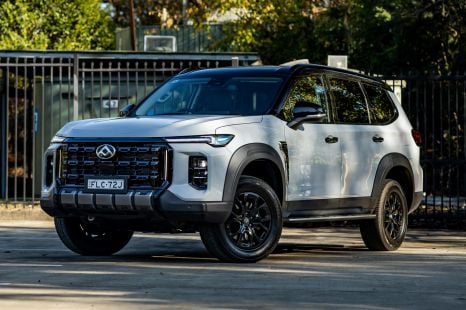

Matt Campbell
2 Months Ago
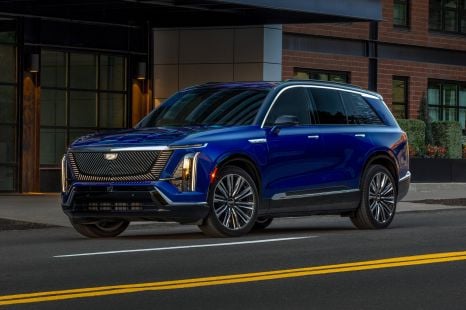

William Stopford
1 Month Ago
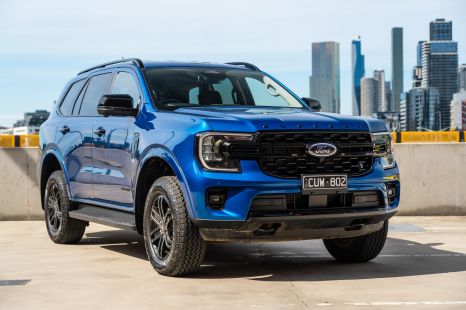

Josh Nevett
1 Month Ago
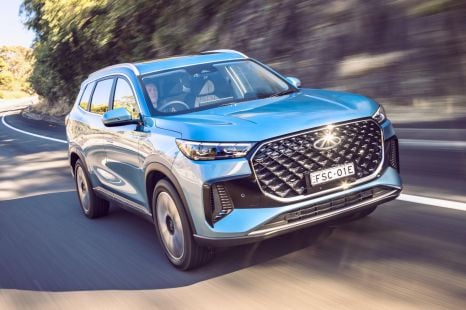

Max Davies
28 Days Ago
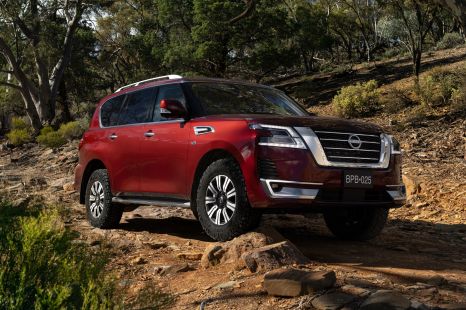
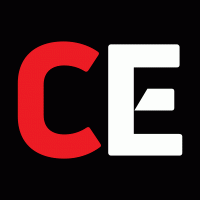
CarExpert.com.au
17 Days Ago